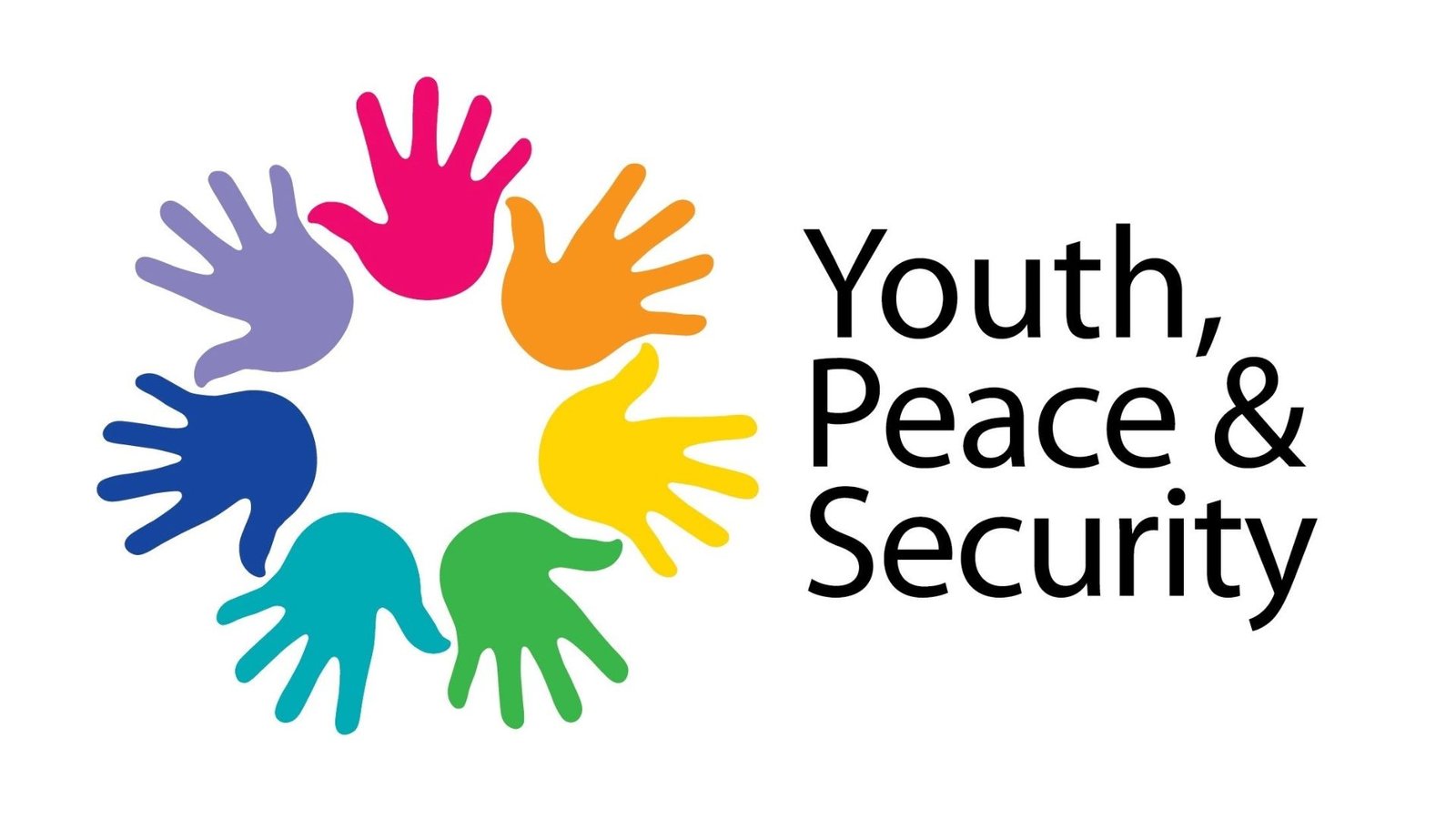Youth empowerment plays a vital role in reducing inequality. When young people gain access to education, resources, and opportunities, they are better equipped to break free from cycles of poverty and marginalization. This leads to a more equitable and inclusive society. In this article, we will explore how youth empowerment reduces inequality in various ways.

1. Equal Access to Education
One of the most powerful ways youth empowerment reduces inequality is through education. When youth have access to quality education, they are given the tools to improve their lives. Education helps reduce the gap between those who have opportunities and those who do not. By empowering youth with knowledge and skills, we level the playing field.
- Improved job prospects: Education increases employment opportunities for youth, regardless of their background.
- Breaking the cycle of poverty: Youth who are educated are less likely to live in poverty and can help lift their families out of difficult circumstances.
- Long-term benefits: A well-educated youth population contributes to economic growth and social progress, reducing systemic inequality over time.
Education is a key driver in reducing inequality, and empowering youth to succeed in life.
2. Increasing Economic Opportunities
Youth empowerment opens doors to economic opportunities. When young people have the right skills, resources, and support, they can pursue careers and entrepreneurship. This leads to greater economic equality by providing a broader base of workers who can contribute to the economy.
- Skills training: Empowered youth have access to job training programs that increase their employability.
- Entrepreneurship: Many youth empowerment programs focus on helping young people start their businesses, creating wealth and employment opportunities in underserved communities.
- Fair wages: Empowering youth leads to better job opportunities with fair pay, helping to reduce the wage gap between different socioeconomic groups.
By providing youth with economic opportunities, we reduce the inequality that often results from limited access to jobs and financial resources.
3. Promoting Social Inclusion
Youth empowerment helps young people from marginalized groups feel included and valued. Empowered youth are more likely to participate in community activities, advocate for their rights, and break down social barriers. This leads to greater social cohesion and less inequality.
- Increased participation: Youth who are empowered are more likely to take part in community, political, and social activities, ensuring their voices are heard.
- Diversity and inclusion: Empowerment fosters an environment where all youth, regardless of their background, feel accepted and respected.
- Breaking down stereotypes: Empowering youth from marginalized groups helps challenge negative stereotypes and prejudices, creating a more inclusive society.
Social inclusion is essential for reducing inequality and ensuring that all youth have an equal chance to thrive.
4. Enhancing Political Engagement
Empowered youth are more likely to become engaged in politics, advocating for policies that promote equality. When young people understand their rights and the impact of government decisions, they can work to create fairer policies that address inequality.
- Advocacy: Youth empowerment encourages young people to advocate for policies that benefit all members of society, especially marginalized groups.
- Voting: Empowered youth are more likely to vote and participate in elections, giving them a voice in shaping policies that address inequality.
- Policy change: As young people become politically active, they can drive change that reduces social and economic inequality.
By becoming politically engaged, empowered youth can help create policies that promote fairness and equality for all.
5. Improving Health and Well-Being
Youth empowerment also improves access to healthcare and promotes overall well-being. Empowered youth are more informed about health issues, and they are better equipped to make decisions about their health. This can help reduce the health disparities that contribute to inequality.
- Access to healthcare: Youth empowerment programs often include access to healthcare services, ensuring young people receive the care they need.
- Health education: Empowered youth are educated about healthy lifestyles, nutrition, and mental health, leading to better health outcomes.
- Community health initiatives: Empowered youth often take the lead in health campaigns, reducing health inequality in their communities.
6. Reducing Gender Inequality
Youth empowerment helps address gender inequality by giving young people, especially girls, the tools they need to succeed. Empowered girls are more likely to finish school, enter the workforce, and have control over their lives.
- Education for girls: Empowering girls through education leads to greater gender equality in the long run.
- Challenging gender stereotypes: Empowerment programs challenge traditional gender roles and stereotypes, encouraging equality between boys and girls.
- Economic independence: Empowered girls gain the skills and confidence to work and support themselves, reducing gender-based economic inequality.
By empowering girls and young women, we reduce the gender gap in education, employment, and income.
7. Creating Positive Role Models
When youth are empowered, they often become role models for others. These young leaders can inspire their peers to take action, make positive changes, and break free from the cycle of inequality. They also encourage a sense of hope and determination in others.
- Leadership development: Empowered youth take on leadership roles, setting an example for others to follow.
- Inspiring change: Empowered youth who overcome challenges inspire others in similar situations to pursue their goals and dreams.
- Community-driven solutions: Youth leaders help develop solutions that address inequality within their communities, making a lasting impact.
By nurturing youth leadership, we create a ripple effect that reduces inequality for future generations.
Conclusion
Youth empowerment reduces inequality by providing young people with the tools, skills, and opportunities they need to succeed. Education, economic opportunities, social inclusion, and political engagement are just some of how youth empowerment contributes to a fairer and more equal society. When we empower youth, we are not only improving their lives but also creating a brighter, more equitable future for everyone.




